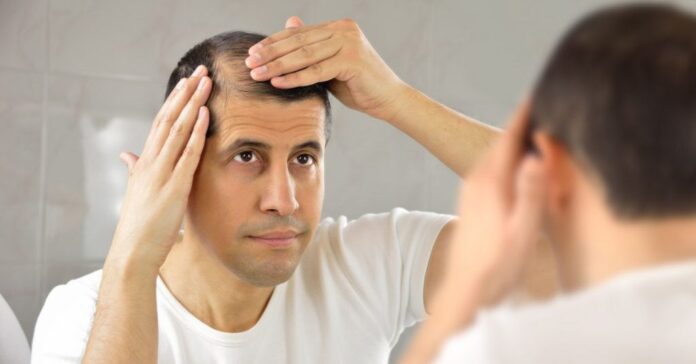
Hair loss can be a difficult and emotionally distressing experience for both men and women. It is estimated that up to fifty percent of the population suffers from hair loss. Many factors can cause this condition, such as genetics, medical conditions, certain medications, and lifestyle factors.
While it can be hard to tell what causes hair loss in an individual case, understanding how it works on a basic level and learning which treatments are available can help bring reassurance.
Table of Contents
Treatments Options
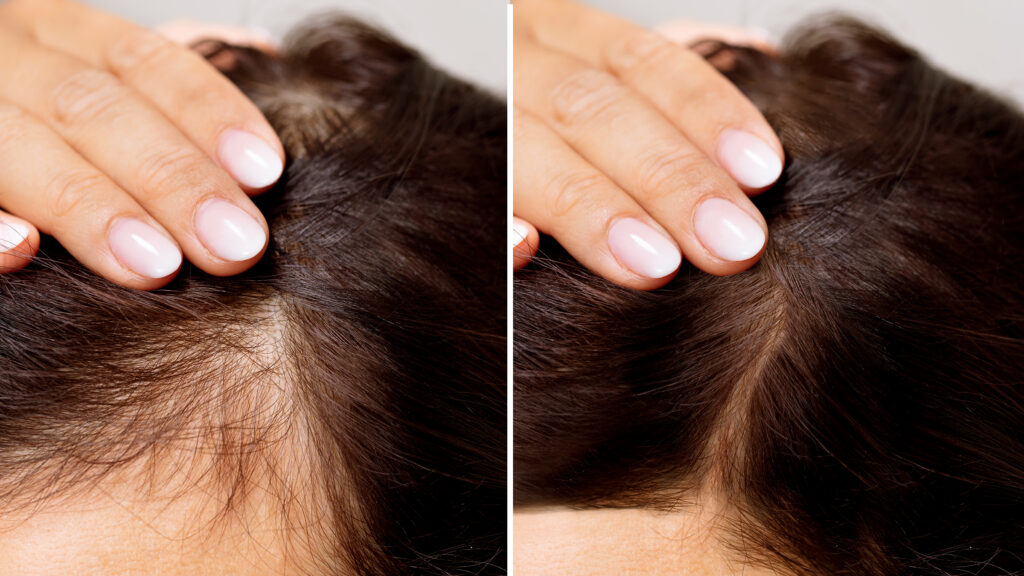
Although there are numerous treatments for hair loss, it’s important to understand that the approach will vary greatly depending on the cause. A dermatologist can help diagnose the cause of your hair loss and offer individualized treatment options.
Medical Treatments
Depending on the cause, several drugs and medicines may be used to promote new hair growth or reduce inflammation. This includes topical corticosteroids, minoxidil (Rogaine), and oral medications such as finasteride (Propecia).
It might be helpful to inform yourself about niacinamide lotion benefits, or other treatment options to avoid more radical measures. Transplants are a more permanent and invasive approach to restoring growth in areas with thinning or baldness.
Alternative Treatments
Other alternatives for treating hair loss can include using herbal supplements such as saw palmetto or nettle root, special shampoos and conditioners containing ingredients like tea tree oil, scalp massage/scrubbing, essential oils, and other non-invasive laser light treatments. However, these options may not be effective for everyone.
What are the causes?
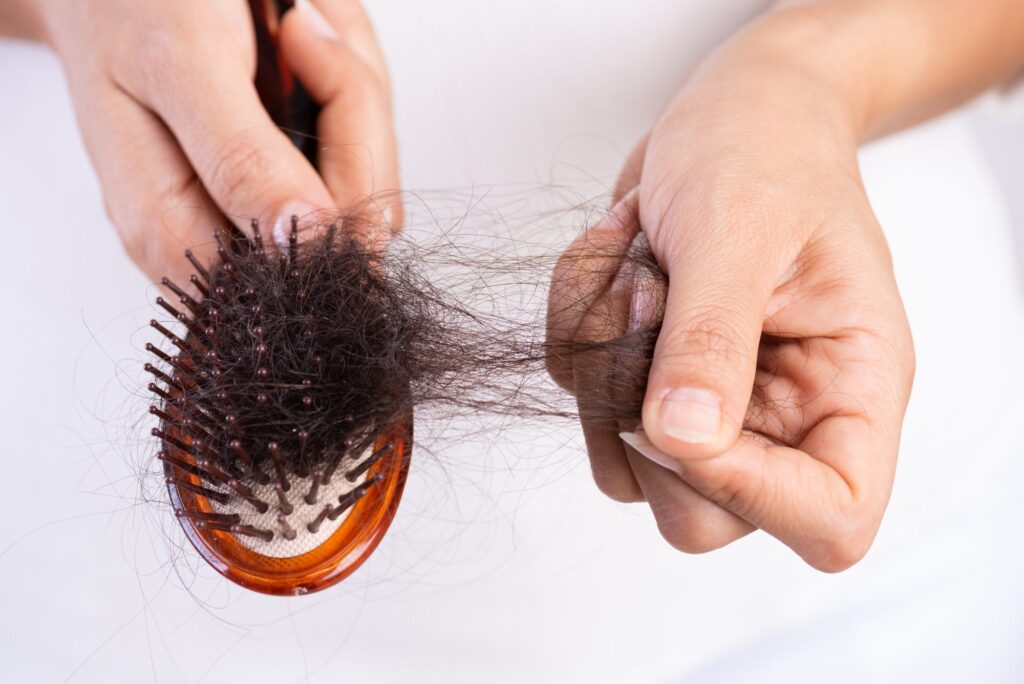
Hair loss, or alopecia, is an all-too-common ailment that can affect both men and women. It’s important to understand the potential causes in order to properly diagnose the condition and find the most effective course of treatment.
It may be caused by a variety of factors, including:
- Genetic predisposition. An inherited gene for balding is one of the most common culprits of hair loss.
- Medical conditions like alopecia areata or an underlying hormonal imbalance from conditions such as thyroid disease, iron deficiency anemia, or diabetes.
- Stress or medications may cause temporary loss as well, though this is usually reversible after treatment has begun.
- Certain hairstyles that pull the strands too tightly may cause permanent damage over time because of reduced blood flow in the scalp area, leading to follicular death and permanent damage to the affected area.
- Environmental influences such as weather changes (causing dryness), poor nutrition (due to crash diets), intense chemical treatments like coloring or bleaching, and frequent use of hot tools (such as curling irons).
Diagnosing The Problem
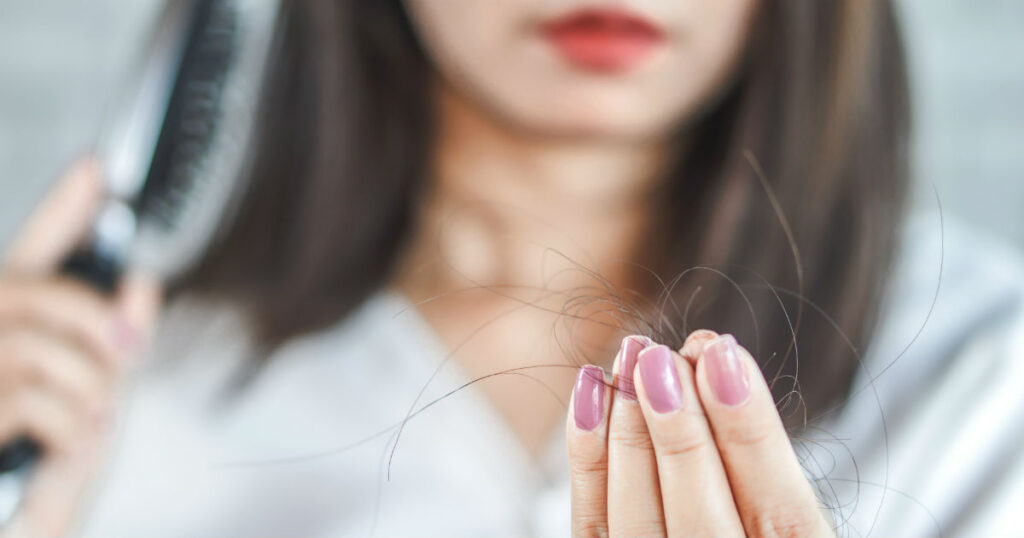
During the physical exam, your dermatologist will look at multiple areas of your scalp to determine the extent and pattern of thinning.
This includes details such as whether you are losing more hair on certain parts of your head than others (frontal/crown), if there is fullness in certain areas, what kind of hairs are being affected (thick vs thin), and if there has been any scarring present in the scalp.
The physician may also do a pull test where some hairs are gently pulled from your scalp to determine how many come out in one attempt; results from this test can tell us about how tight or loose the follicles are connected to the cells below.
Depending on these results and other factors such as age and gender, further tests may be needed to confirm a diagnosis. This could include laboratory tests such as bloodwork or analysis of a skin biopsy sample taken from the scalp area affected by alopecia (hair loss).
With an accurate diagnosis in hand, an ideal treatment plan can be tailored for each patient providing them with renewed hope for healthier-looking hair!
Prevention
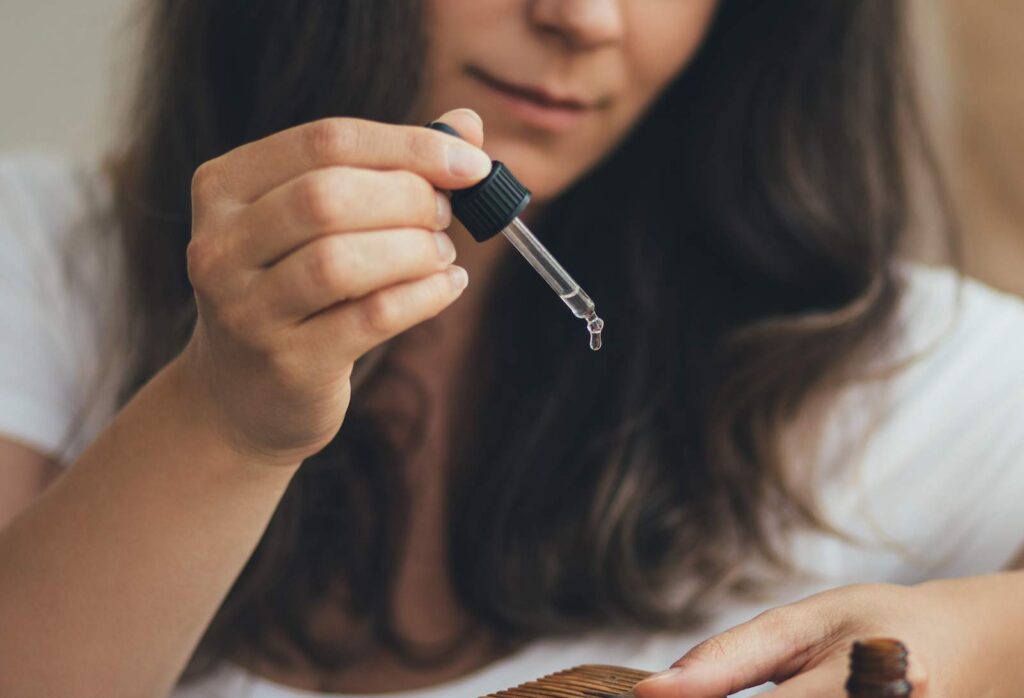
Prevention may be possible by taking a holistic approach to staying healthy that includes regular exercise, avoiding extreme dieting, and maintaining balanced nutrition. When it comes to the scalp, keeping it clean and hydrated is key.
Washing your hair with a gentle shampoo every few days will help remove dirt, oils, and product buildup, which can create an environment where fungi or other opportunistic microbes can thrive. Additionally, massaging your scalp while shampooing can help stimulate blood flow and encourage hair growth.
When choosing styling products, remember to look for those labeled “non-comedogenic” or “oil-free” as these are less likely to clog pores on the scalp or interfere with healthy follicle function.
For individuals with certain medical conditions that could be causing loss or thinning hair (such as diabetes or thyroid disease), it is always important to stay in contact with your healthcare providers for up-to-date guidance on managing your condition and its effects on your entire body.
In certain cases of pattern baldness (more medically known as Androgenetic Alopecia), medications such as minoxidil may be prescribed to slow down further thinning but must be used consistently over time in order for them to be effective.
Coping with Hair Loss

Acceptance is an important first step. Hair loss is a natural part of the aging process and while it’s impossible to restore lost hair completely, most people can improve their appearance in other ways. Some examples include coloring to hide thinning strands or wearing more flattering hairstyles (e.g., shorter cuts).
It’s also important to realize that you may have some control over the problem by reducing stress levels, eating a healthy diet, avoiding harsh styling methods (e.g., excessive heat or chemical treatments), or speaking to your doctor about medications that may help slow down hair loss such as minoxidil or finasteride.
Most importantly, remember that hair loss does not define who you are – focus on all the wonderful qualities that make up who you are!
Conclusion
In conclusion, hair loss is a complicated topic that has both biological and emotional consequences. Genetics, hormones, and other medical conditions can all play a role in the process.
There are also many treatment options available to those suffering from various forms of alopecia. It is important to understand that every individual case is unique and requires specialized attention to ensure the best possible outcome.
Dermatologists are a great source of education on this complex topic, so if you have any questions or concerns about your hair loss, don’t hesitate to make an appointment with your local dermatologist.


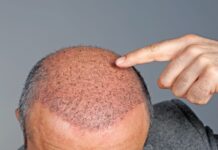












![16 Best Men’s Loafers 2023 [ BEST PREMIUM BRANDS ] best mens loafers](https://www.menshairstylesx.com/wp-content/uploads/2019/10/best-mens-loafers-1-100x70.jpg)
